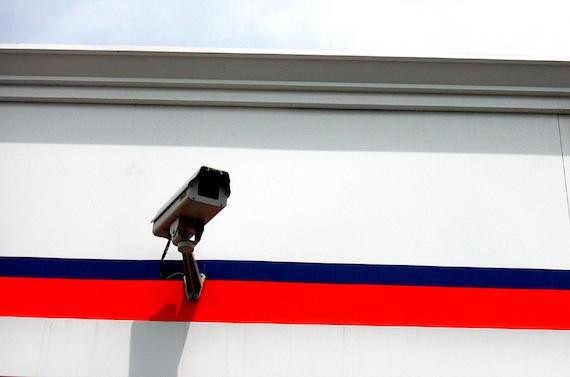
Image by flickr user We Work For FreeImage by 20080623electricity.jpg Unless your kid can pump out the wattage like this, it's time you thought about your energy consumption.
SCE&G is pulling the plug on some 427 customers a day for late payment. The Post and Courier does some digging and says that this is a byproduct of tight budgets, and poor social safety nets.
The Charleston County Human Services Commission, which handles all of the county's federal aid for utility bills, will have more trouble making ends meet this year. It was granted $871,079 in federal energy assistance in 2008, 13 percent less than last year and roughly half the amount doled out in 2006, according to Tami McCrackin, director of the nonprofit's outreach program.
South Carolinians are face with the 11th highest utility bills in the nation. On average, we pay some 13 percent less for energy than the national average, but use some 30 percent more.
But as bad as things may or may not be here, things are relatively good compared to the rest of the country. While some 1 to 1.5 percent of residential customers are disconnected each month for unpaid electric bills, compare that to the national average of 4.4 percent.
The Post and Courier also notes that an electric company doesn't really want to disconnect someone's power as it requires a time consuming, and money wasting service call. Utilities would generally rather work a payment plan, if possible.
So, if you're falling behind, talk with your utility providers and also ask what outside organizations might be able to help. (On a side note: In South Carolina, electric companies are prohibited from disconnecting power during a storm or when temperatures are below freezing.)
The Post and Courier also tries to make the case that the trend is intensifying and more and more folks will be seeing disconnects, because of sagging budgets and rising temperatures. While we can believe it, they just don't show the evidence of it. Utility disconnects are up slightly this year, and debt-relief organizations are facing the same continually shrinking budgets, but we read no foreshadowing of higher past due balances.
But we do know that summers here are hot, humid, and expensive, so using less energy is always a way to reduce bills. Start by checking out the Department of Energy's Energy Savers guide, particularly the section on air conditioning.


